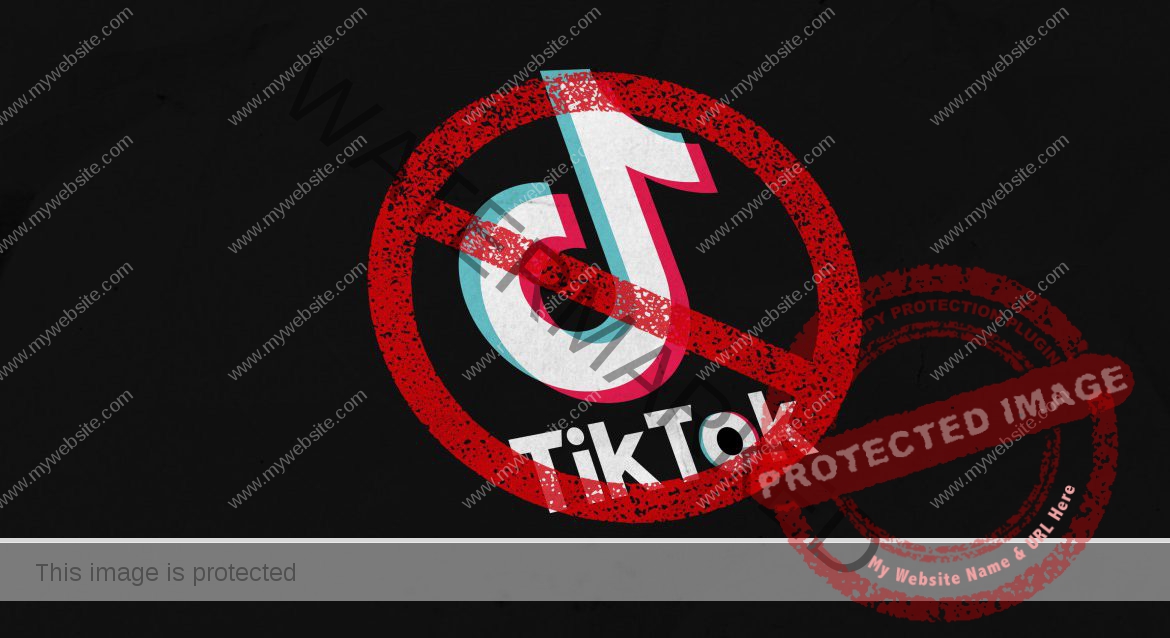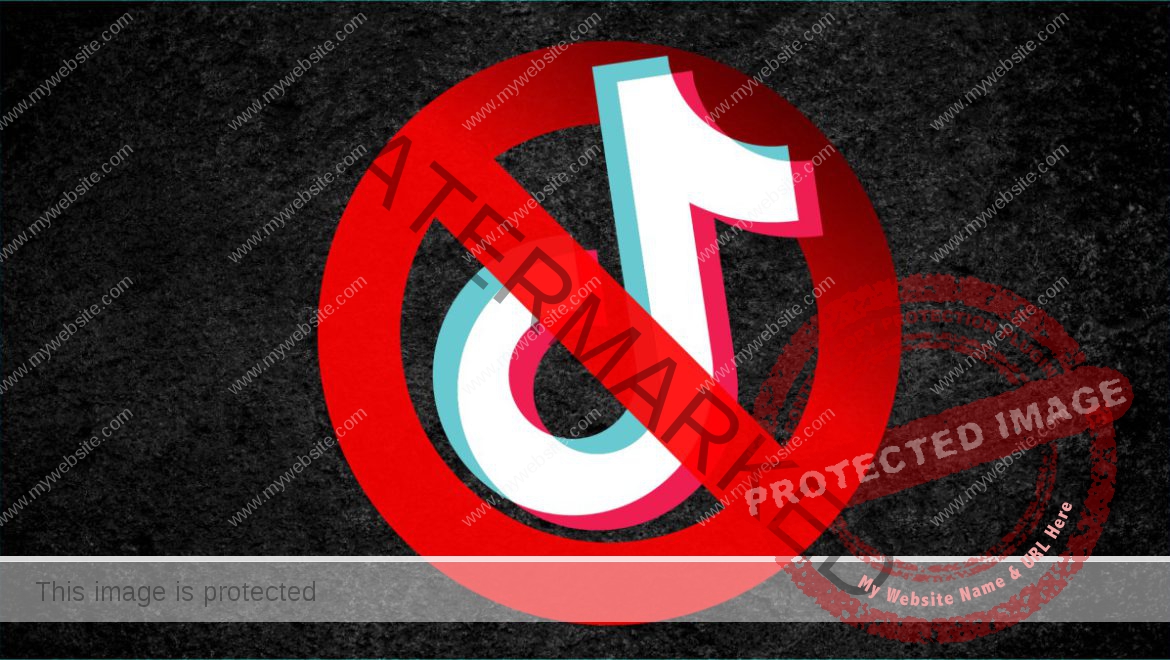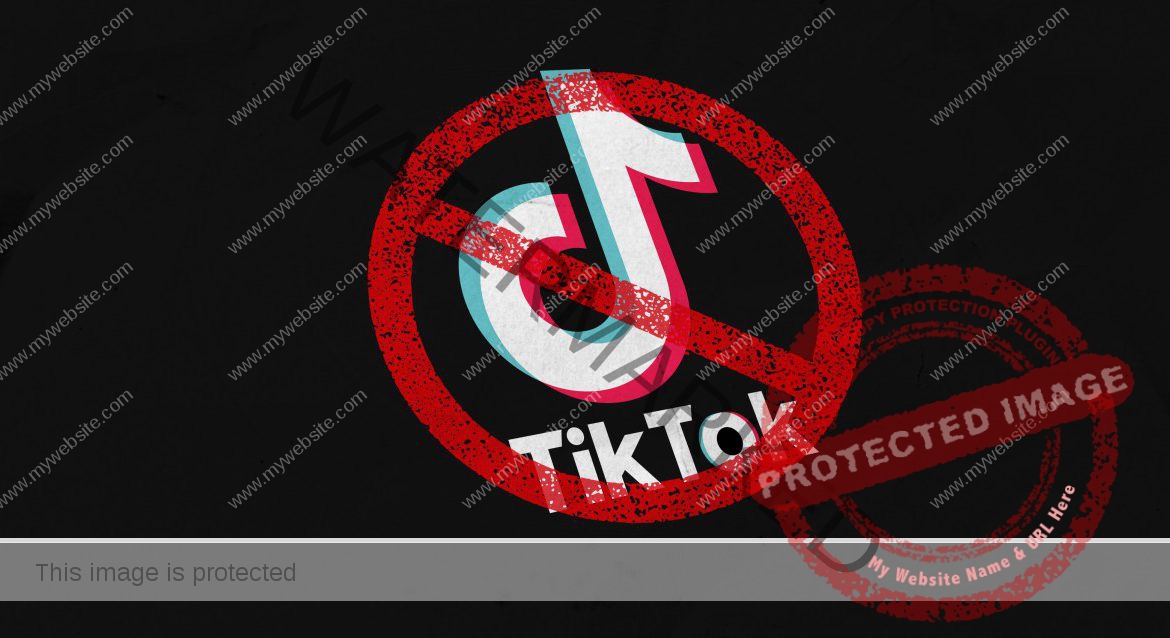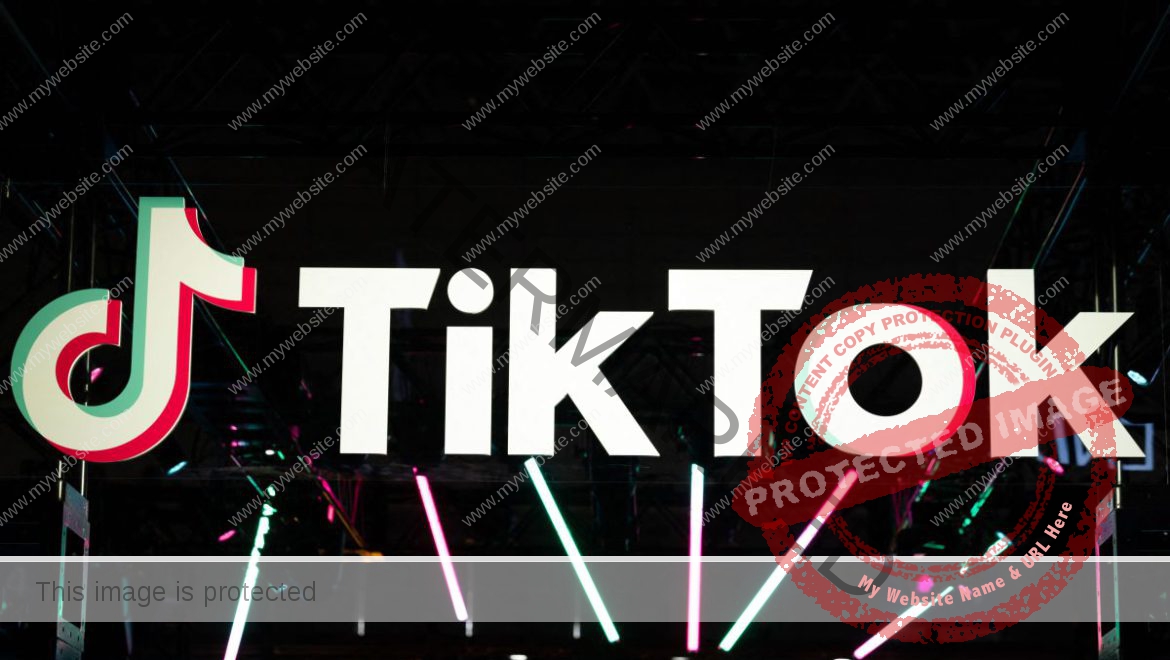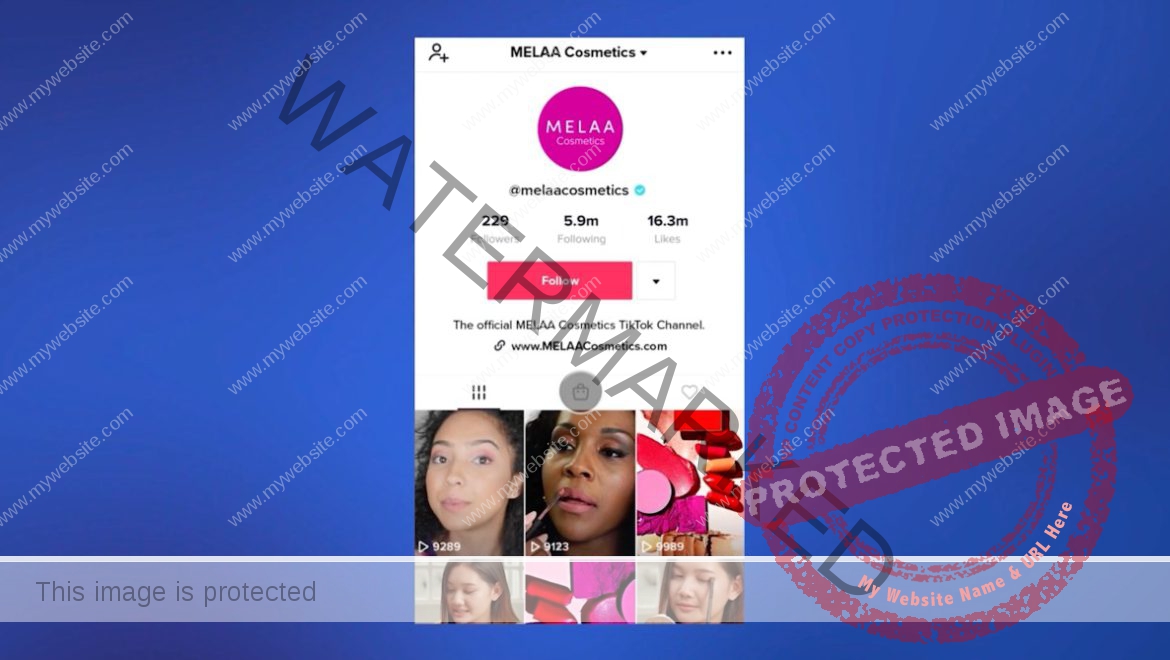TikTok faces an uncertain fate in the U.S. once again. A bill including a deadline for TikTok parent company Bytedance to divest within nine months or face a ban on app stores to distribute the app in the U.S., was signed by President Joe Biden on Wednesday as part of broader legislation including military aid for Israel and Ukraine. The White House’s approval comes swiftly after strong bipartisan approval in the House and a 79-18 Senate vote Tuesday in favor of moving the bill forward.
TikTok is based in Los Angeles and Singapore but is owned by Chinese tech giant ByteDance. That relationship has raised eyebrows among U.S. officials, who warn that the app could be leveraged to further the interests of an adversary. The bill’s critics argue that the U.S. is unfairly targeting a well-loved social network when the government could be dealing with household issues that directly benefit Americans.
What happened in the Senate?
Senate Majority Leader Chuck Schumer, who has the power to set the chamber’s priorities and round up Democrats for a unified vote, initially said that the Senate “will review the legislation when it comes over from the House.”
The Senate at first seemed far from presenting a united front against TikTok. Some Republican China hawks like Sens. Josh Hawley and Marsha Blackburn were pushing their chamber of Congress to take up the bill. On the Democratic side, Senate Intelligence Committee Chairman Mark Warner issued a joint statement with his Republican committee counterpart, Marco Rubio, in support of a forced sale or ban for TikTok.
“We are united in our concern about the national security threat posed by TikTok — a platform with enormous power to influence and divide Americans whose parent company ByteDance remains legally required to do the bidding of the Chinese Communist Party,” Warner and Rubio said in an emailed statement. Their Senate committee, which is frequently briefed on national security matters, is particularly relevant given the nature of the concerns expressed by TikTok’s critics in Congress.
Late Tuesday, the Senate approved the $95 billion aid package — including aid for Taiwan and humanitarian aid for Gaza — that also contained the much-debated TikTok ban.
What happened in the House?
In March, the House Energy and Commerce Committee introduced a new bill designed to pressure ByteDance into selling TikTok. The bill marked a fresh push by the U.S. government to separate the company from its Chinese ownership or force it out of the country.
The bill, known as the Protecting Americans from Foreign Adversary Controlled Applications Act, would make it illegal for software with ties to U.S. adversaries to be distributed by U.S. app stores or supported by U.S. web hosts. Within the bill’s definitions, ownership by an entity based in an adversary country, like ByteDance in China, counts.
In language of the bill, which goes on to name TikTok explicitly, “it shall be unlawful for an entity to distribute, maintain, or update (or enable the distribution, maintenance, or updating of) a foreign adversary controlled application.” If the bill became law, Apple’s App Store and Google Play could not legally distribute the app in the U.S.
The bill, which many of its detractors reasonably describe as a “ban,” would force ByteDance to sell TikTok within six months for the app to continue operating here. It also empowers the president to have oversight of this process to ensure that it results in the company in question “no longer being controlled by a foreign adversary.”
After getting wind of the bill’s swift and sudden progress in Congress, TikTok pushed back with a mass in-app message to U.S. users, complete with a button for calling their representatives.
“Speak up now — before your government strips 170 million Americans of their Constitutional right to free expression,” the message read. “Let Congress know what TikTok means to you and tell them to vote NO.”
In spite of TikTok’s decision to rile up its users — or perhaps because of it — the bill to force ByteDance to sell TikTok passed through the House Energy and Commerce Committee with a 50-0 vote. The fast-tracked bill passed a full vote in the House on March 13.
Prior to the vote, subcommittee members had a classified briefing with the FBI, the Justice Department and Office of the Director of National Intelligence at the behest of the Biden administration, Punchbowl News reported.
President Biden also explicitly said that he would sign the bill if it reaches his desk. “If they pass it, I’ll sign it,” Biden told a group of reporters. And Biden followed through with that statement in signing the bill Wednesday.
Why does the U.S. say TikTok is a threat?
To be clear, there is currently no public evidence that China has ever tapped into TikTok’s stores of data on Americans or otherwise compromised the app.
Still, that fact hasn’t stopped the U.S. government from highlighting the possibility that China could if it wanted to. The Chinese government hasn’t been shy about going hands-on with companies in the country or keeping critics from its business community in line.
FBI director Chris Wray once cautioned that users might not see “outward signs” if China were ever to meddle with TikTok. “Something that’s very sacred in our country — the difference between the private sector and the public sector — that’s a line that is nonexistent in the way the CCP operates,” Wray said in a Senate hearing last year.
TikTok has vehemently denied these accusations. “Let me state this unequivocally: ByteDance is not an agent of China or any other country,” TikTok CEO Shou Zi Chew said last year during a separate hearing with the House Energy and Commerce Committee.
To TikTok’s credit, if China wanted to get its hands on information about U.S. users, Beijing could easily turn to data brokers who openly sell troves of user data around the globe with little oversight.
Because the U.S. has not produced any public evidence to back up its serious claims, there’s a major disconnect between how politicians feel about TikTok and how most Americans do. For many TikTok users, the U.S. crackdown is just one more way that politicians are out of touch with young people and don’t understand how they use the internet. For them — and other skeptics of the U.S. government’s claims — the situation looks like pure political posturing between two countries with bad blood, sometimes with a dash of racism.
Where did this idea come from?
The campaign to force ByteDance to sell TikTok to a U.S. company originated with an executive order during the Trump administration. Trump’s threats against the company culminated in a plan to force TikTok to sell its U.S. operations to Oracle in late 2020. In the process, TikTok rejected an acquisition offer from Microsoft but ultimately didn’t sell to Oracle, either, in spite of Trump’s efforts to steer the acquisition to benefit close ally and Republican mega donor Larry Ellison.
The executive action ultimately fizzled in 2021 after Biden took office. But last year, the Biden administration picked up the baton, escalating a pressure campaign against the app along with Congress. Now that campaign looks to be back on track.
Oddly, former President Donald Trump, who himself initiated the idea of a forced TikTok sale four years ago, is no longer in support of a TikTok crackdown. Trump explained his abrupt about-face on TikTok by highlighting the benefit a ban or forced sale could have on Meta, which suspended the former president’s account over his role in inciting violence on January 6.
“Without TikTok, you can make Facebook bigger, and I consider Facebook to be an enemy of the people,” Trump told CNBC. Trump’s tune on TikTok may have changed following a recent meeting with billionaire Republican donor Jeffrey Yass, who owns a 15% stake in TikTok’s Chinese parent company ByteDance.
What’s TikTok’s response to the potential ban?
There is some strong bipartisan congressional support for regulating TikTok, but things are still pretty complex. The most obvious complication: TikTok is enormously popular and we’re in an election year. TikTok has 170 million users in the U.S. and they aren’t likely to quietly watch as Congress effectively bans their favorite source of entertainment and information.
TikTok’s creators and their followers likely won’t go quietly. TikTok accounts with millions of followers have a built-in platform for organizing against the threat to the app that connects them to their communities and facilitates brand deals and advertising income.
TikTok itself would also surely mount a strong legal challenge against the forced sale, much as it did when the Trump administration previously tried to accomplish the same thing through executive action. TikTok also sued when Montana attempted to enact its own ban at the state level, which ultimately resulted in a federal judge issuing an injunction and blocking the effort as unconstitutional.
“This legislation has a predetermined outcome: a total ban of TikTok in the United States,” TikTok spokesperson Alex Haurek told TechCrunch in an emailed statement. “The government is attempting to strip 170 million Americans of their Constitutional right to free expression,” Haurek said, foreshadowing the massive public outcry that could result.
The cultural reach of TikTok is so great that Biden is campaigning on TikTok, even as the White House calls the app a national security threat.
Even though the White House has now signed off on the legislation, the U.S. scheme to force ByteDance to sell TikTok could still fail — an outcome that may or may not result in a ban. China has previously stated that it would oppose a forced sale of TikTok, which is well within the Chinese government’s rights following an update to the country’s export rules in late 2020.
Beyond Congress and the courts, TikTok holds a direct line to a massive chunk of the American electorate and a fleet of creators who command many millions of loyal followers. Those levers of power shouldn’t be underestimated in the fight to come.
Still, it’s difficult for TikTok to more effectively organize these millions. Though the X platform, when it operated as Twitter, was highly efficient as a mechanism to share breaking news, TikTok’s algorithms make it less effective as a means of understanding what is happening minute by minute. Though TikTok users say it has become a source of news — among adults, those ages 18 to 29 are most likely to say they receive their news regularly on TikTok — that information tends to be highly targeted and asynchronous. While many users may know something is brewing in Washington, it’s likely they are less aware of the steps required to fight it, making it harder for TikTok to mobilize them.
This post was originally posted March 13, and has been updated as the legislation moves forward.


